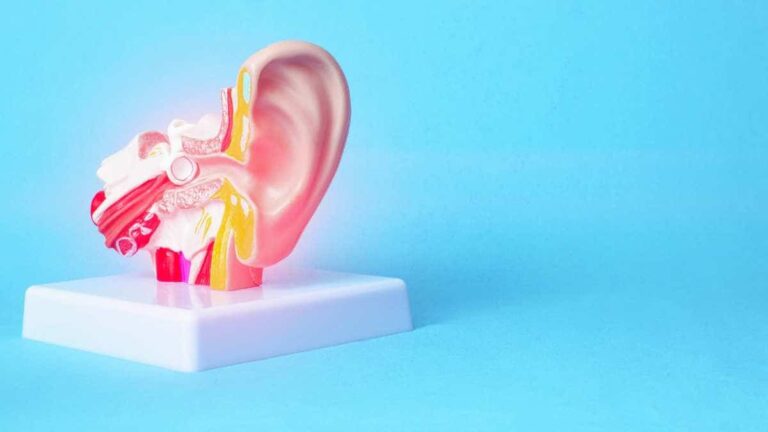One out of every 3,000 people carries a genetic defect known as 22q11.2 deletion syndrome, or 22q11DS. It is one of the most widespread chromosomal deletions known to occur in humans. People carrying 22q11DS are at a 30-times higher risk for schizophrenia than those in the general population. This dwarfs the magnitude of all other…
Category: Psychiatry
Is Psychiatry Shrinking What Is Considered Normal?
Psychiatric classifications catalogue the many forms of mental ill-health. They define what counts as a disorder and who counts as disordered, drawing the boundary between psychological normality and abnormality. In the past century that boundary has shifted radically. Successive classifications have added new disorders and revised old ones. Diagnoses have increased rapidly as new forms…
Paranoia Hinders Learning And Problem Solving
Everyone has had fleeting concerns that others might be against them at some point in their lives. Sometimes these concerns can escalate into paranoia and become debilitating. Paranoia is a common symptom in serious mental illnesses like schizophrenia. It can cause extreme distress and is linked with an increased risk of violence towards oneself or…
Are We All OCD Now, With Obsessive Hand-Washing And Technology Addiction?
One of the hallmarks of obsessive-compulsive disorder is contamination fears and excessive hand-washing. Years ago, a patient with severe OCD came to my office wearing gloves and a mask and refused to sit on any of the “contaminated” chairs. Now, these same behaviors are accepted and even encouraged to keep everyone healthy. This new normal…
Schizophrenia: When The Thalamus Misleads The Ear
There is an extremely high probability that individuals with 22q11.2 micro deletion syndrome — a rare genetic disorder — will develop schizophrenia together with one of its most common symptoms, auditory hallucinations. Scientists at the University of Geneva (UNIGE) and the Synapsy National Centre of Competence in Research (NCCR) have been studying this category of…
Family Environment Affects Adolescent Brain Development
Childhood environment and socioeconomic status affect cognitive ability and brain development during adolescence independently of genetic factors, researchers at Karolinska Institutet report in a new study. The work underscores how important the family environment is, not just during early infancy but also throughout adolescence. While the way in which genes and environment affect the brain…
Biased Studies Linked Antidepressants During Pregnancy To Autism
Taking antidepressants during pregnancy does not appear to increase the child’s risk of autism, according to a new meta-analysis. The review[1] examines 14 studies, many of which identified a connection between antidepressant use during pregnancy and autism. However, that research failed to account for ascertainment bias, which occurs when one group of patients or subjects…
Anandamide: The Body’s Own Marijuana Helps Us Forget Traumatic Memories
The endogenous compound anandamide — often referred to as the body’s own marijuana — plays a role in erasing memories of a traumatic event, reports an international team led by Leiden University. The results may provide a starting point for the treatment of anxiety disorders such as PTSD. When you smoke a joint, the active…
Lithium May Treat Behavior Linked To Autism Gene
The mood-stabilizing drug lithium eases repetitive behaviors seen in mice missing SHANK3, an autism gene, according to a new study. The findings[1] suggest lithium merits further study as a treatment for some people with autism, even though the drug has troublesome side effects, including tremors and impaired memory. “Lithium is, of course, a rather difficult,…

